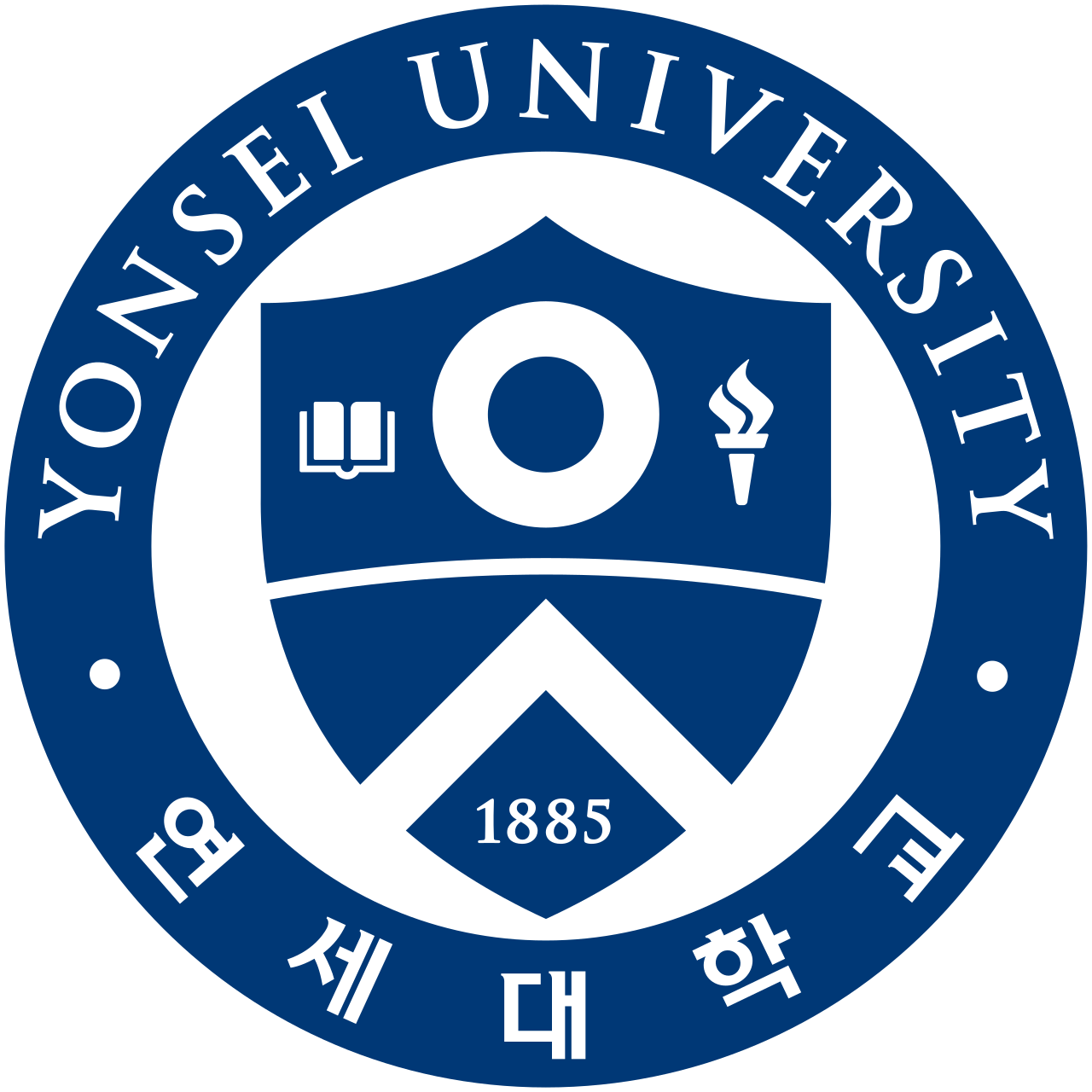
Partners
Magnetism combines well with organisms, since magnetic fields penetrate in most aqueous solutions and hardly interact with bio-chemical processes. Magnetic fields can for instance be used to apply forces and torques (using either magnetic particles or non-magnetic particles in magnetic fluids), to heat magnetic particles by induction or to detect their presence. Our research team combines magnetic fields with microfluidic systems to study fundamental behavior of magnetic particles in solutions, or non-magnetic particles in magnetic solutions and to apply this in life sciences. Of special interest are magneto-tactic bacteria, which are self-propelling and can be controlled without having to apply large magnetic field gradients. We study manipulation of individual magneto-tactic bacteria inside micro-fluidic systems as model systems for future self-propelled medical micro-robots.
Contact: Prof. dr. ir. Leon Abelmann, Saarbrücken, Germany
The research of the biomedical sciences department focuses on nanoparticle mediated delivery of therapeutic drugs and genes. The fate of those particles in the body can be monitored non-invasively by MRI and optical imaging after labelling with the appropriate imaging agents. Our aim is to increase the efficiency of delivery of gene and protein into living organisms, in order to develop effective therapeutic modalities against human diseases.
Contact: Prof. dr. In-Kyu Park, Gwangju, Korea
DGIST-ETH Microrobotics Research Center (DEMRC) was initially established for global collaboration on microrobot research between DGIST and ETH. DEMRC is planing to expand the collaboration with other domestic and international institutes. DEMRC has several government funded research projects including a major robotics project on industrial core technology development funded by the Korea Evaluation Institute of Industrial Technologies (KEIT) and Ministry of Trade, Industry and Energy( MOTIE), Korea. The center will pursue the project by development of medical microrobots and new minimally invasive treatment technology to cure chronic arterial occlusion with blocked arteries. Furthermore, the center plans to develop core technology of microrobot such as two and three-dimensional medical imaging, remote robot control for minimal exposure to radiation and efficient chronic arterial occlusion treatment.
Contact: Prof. Dr. Hongsoo Choi, Daegu, Korea
KBSI is an open world-class basic research infrastructure institution that provides analysis support services for domestic & foreign basic researchers and companies. KBSI analyses more than 130,000 samples each year using about 185 kinds of analytic equipment, including large research equipment and universal analytic equipment.
Contact: Dr. Jiung Cho, Seoul, Korea
The mission of KIMM is to contribute to economic growth of Korea by performing research & development (R&D) on key technologies in the area of mechanical engineering. To achieve this, KIMM conducts reliability tests, evaluates machine components/ materials, and commercializes the developed products or machineries through technology transfer and support
Contact: DThis email address is being protected from spambots. You need JavaScript enabled to view it., Deajon, Korea
The Biomedical Research Institute at KIST has been established to promote the National Agenda on healthcare and welfare in order to deliver a better "Quality of Life."
The Institute is committed to integrating multidisciplinary technologies to develop innovative biomedical technologies and further ensure Korea’s future competitive advantage in biomedical research. To accomplish this, the Institute is not only concentrating on developing core technologies, but also focusing on translational researches for clinical applications. The Center for Theragnosis aims to develop innovative molecular imaging and diagnostic technologies for early diagnosis, real-time monitoring and target-therapy in various incurable diseases in a personalized Medicare system.
Contact: Dr. Kwangmeyung Kim, Seoul, Korea
The Information Devices and Materials lab of the Department of Materials Science and Engineering is developing innovative technology for highly sensitive in vitro diagnostics based on multifunctional nanoparticles.
Contact: Prof. dr. Young Keun Kim, Seoul, Korea
Magron was founded in 2004 and is specialized in manufacturing and supplying magnetic materials. Its main products are magnetic fluids and magnets.
Contact: Dr. Ferro Kweon, Dr. Seung-eun Lee, Gyeonggi, Korea
Research in the Cell & Microbial Engineering Laboratory mainly focuses on the microbe and cell cultivation technology including the process development for the production of useful biological materials.
Contact: Prof. dr. Tai Hyun Park, Seoul, Korea
The Center for Nanomedicine was launched December 1st, 2015 to deliver innovative research in the fields of nanoscience and medicine. The unique properties of nanomaterials can be harnessed to guide them to targeted locations. They then react with initiated stimuli or environmental perturbations, transforming into new, flexible, complex, and hierarchical structures with properties optimized for a variety of applications. “Precision Nano-Imaging” nanoplatform materials provide highly sensitive, accurate, and selective information that helps us understand interactions between nanomaterials and biological systems. This understanding will be used to design optimized nanomaterials with higher performance and a greater level of safety.The nanomaterials and nanosystems we develop can observe and control various cellular functions on command, and will be applied for diagnostics and therapeutics to treat cancer, as well as for stem cell and neuron research.
Contact: Prof. This email address is being protected from spambots. You need JavaScript enabled to view it., Seoul, Korea

The Chemical Engineering and Applied Chemistry group is participating in the Aston University research activities on Materials (AIMR) and Bioenergy (EBRI). Their research interest bridges biological and engineering disciplines. Expertise lies in the development of bioprocesses and understanding key quality factors that enable process quality, optimisation and scaling up. Within the consortium, the group focusses on biomanufacturing biologically synthesised magnetic nanoparticles (magnetosomes) in bacteria, bioprocess development and scale up and use of magnetosomes in biotech/medical applications.
Contact: Dr. Alfred Fernandez-Castane, Birmingham, United Kingdom
The objective of our molecular microbiology laboratory is to understand the mechanisms associated with the metabolism of essential metals by multidisciplinary approaches. We combine in vivo, in vitro and in silico studies, from the bacterial cell (mainly photosynthetic, magnetotactic or radioresistant) to purified proteins. Our work focuses on the mechanisms of (i) metal acquisition and insertion in metalloproteins, (ii) metal sequestration and biomineralization in a dedicated procaryotic organelle (magnetosome) and (iii) ) response to oxidative stress (and radiative) associated. This fundamental approach underpins developments in the areas of environmental and health biotechnology.
Contact: Dr. Christopher Lefevre, Saint Paul-lez-Durance, France
The Multi-Scale Robotics Lab (MSRL) pursues a dynamic research program that maintains a strong robotics research focus on several emerging areas of science and technology. A major component of the MSRL research leverages advanced robotics for creating intelligent machines that operate at micron and nanometer scales. MSRL research develops the tools and processes required to fabricate and assemble micron sized robots and nanometer scale robotic components. Many of these systems are used for robotic exploration within biomedical and biological domains.
Contact: Prof. dr. Bradley Nelson, Zürich, Switzerland
While considering the confusing flood of drugs in the pharmacies it is hard to believe in a lack of medication. But there are still many infectious diseases and also cancer that cannot be treated sufficiently. During a medical treatment it is essential that the drug arrives at the envisaged body region. Therefore scientists have to establish new technologies to ensure the safe and effective delivery of the drug candidate to the site of action, as for example the site of infection or components of the immune system. The main focus of the department “Drug Delivery” is, on the one hand, on the exploration of biological barriers themselves. On the other hand, a major approach consists in developing appropriate carrier systems that are capable of crossing these barriers and deliver the active molecule to the target. Furthermore, the department expands this approach by creating new experimental models of higher sophistication and relevance for investigating the mechanisms, treatment and prevention of infectious diseases.
Contact: Prof. dr. Claus-Michael Lehr, Saarbrücken, Germany
In the conventional scientific classification, biology deals with the study of Life and living organisms whereas physics and chemistry deals with the constituents of matter and their dynamics. Materials science in turn combines engineering aspects to physics and chemistry and focuses on the structure-function relationship of materials. My group is putting genes on the menu of materials science and soft condensed matter: we perform interdisciplinary studies of functional microsystems and nanomaterials.
Magnetotactic bacteria and their chain of magnetosomes (image above) represent a striking example where a very simple living organism precisely controls the properties of individual building blocks (nanoparticle size and shape) together with their assembly at the nanometer-scale. In my group, we thus develop a bio-inspired research based on biomineralizing unicellular organisms, which aims at understanding how biological systems synthesize, organize and use minerals, and to apply the design principles to sustainably form hierarchical materials with controlled properties that can be used e.g. as magnetically directed nanodevices towards applications in medicine, sensing, actuating, and transport.
Contact: Dr. Damien Faivre, Potsdam, Germany
The start-up Nanobacterie, established in 2008, is a world leader in the medical applications of magnetic nanoparticles synthesized by magnetotactic bacteria, called magnetosomes. We have developed an innovative cancer treatment using these magnetosomes, which are administered to tumors and heated by applying an alternating magnetic field. This method of treatment is called magnetic hyperthermia. The heat released by the magnetosomes induces antitumor activity.
Contact: Dr. Edouard Alphandéry, Orsay, France
As a technology and service provider to the biopharmaceutical industry nanoPET focuses on the R&D, production as well as marketing of innovative drug substances for diagnostic imaging. Nanotechnology is a key element of our business and allows us to offer you materials with unique properties.
Contact: Dr. Andreas Briel, Berlin, Germany

















